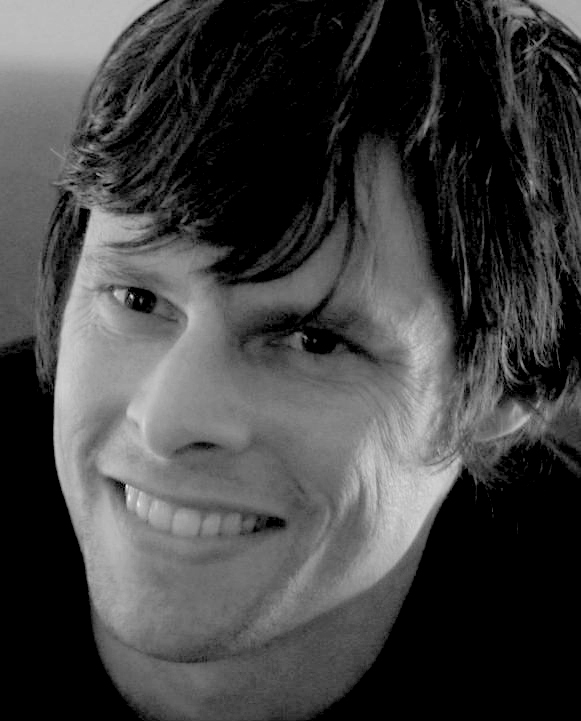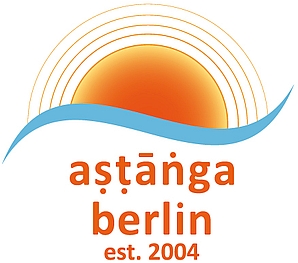
Why study Yoga Philosophy?
![]() Ever wondered, why Pattabhi Jois
has named his method "Ashtanga Yoga" and why we are saluting to Patañjali before practice?
Ever wondered, why Pattabhi Jois
has named his method "Ashtanga Yoga" and why we are saluting to Patañjali before practice?
It is a common misunderstanding that "Yoga practice" (abhyāsa) is only what we do on the
mat, which one of Pattabhi Jois' most famous quotes ("99% practice, 1%
theory") seems to imply.
But physical effort has little to do with Yoga
unless we use it for studying and refining our mind.
Patañjali's Yoga Sūtra is about 2000 years old and probably the single most important text about Yoga known today. It is a fascinating guidebook for learning how to "self study" your mind. According to Patañjali the goal of yoga is quite simple and logical: How to remove suffering and it's causes in it's obvious and subtle forms. The solution is to really understand the problem and to establish a non-selfish lifestyle based on mindfulness and concentration.
Yoga Sūtra Workshop starting
 This
workshop is not "yet another discussion of the eight limbs". You will understand
This
workshop is not "yet another discussion of the eight limbs". You will understand
- how the overall topic of Yoga is laid out in Patañjali's famous sūtra
- key sanskrit terminology to empower you to analyze the golden thread(s) in the "thread (sūtra) of Yoga"
- the main concepts of all it's four chapters as well as the inner logic knitting them together
- the whole process of transforming nirodha practice into the different qualities of samadhi
- how samadhi leads to kaivalya, often translated as "freedom"
Grischa will also introduce you to the Sanskrit language and some basic grammatical and logical rules on which it is based and which allow us to verify if a/our translation is or at least can be correct.
Workshop Dates / Modules
We have split up the course over four weekend modules from Friday evening to Sunday morning.
Friday |
Saturday |
Sunday |
|
|---|---|---|---|
| 19:30 - 21:00: Module Topics Overview |
14:30 - 17:00: Yoga Sūtra Workshop |
14:30 - 17:00: Yoga Sūtra Workshop | |
Module 1 06. - 08. October |
Each weekend starts with
|
Chapter 1) Samādhi-pādaḥ, Yoga defined
|
|
Module 2 27. - 29. October |
Chapter 2) Sādhana-pādaḥ, the practical path
|
||
Module 3 17. - 19. November |
Chapter 3) Vibhūti-pādaḥ: the power of concentration
|
||
Module 4 08. - 10. December |
Chapter 4) Kaivalya-pādaḥ - the ultimate goal
|
||
All four weekends function as separate modules but of course it is highly recommended to join all of them.
About Grischa
Grischa has been teaching Ashtanga Vinyasa Yoga since 2002.
Since Grischa picked up his first translation of Yoga Sūtra in 2001 he has studied about a dozen different translations and commentaries of it.
He has studied with different teachers. But ultimately it was Richard Freeman whose teaching showed him how to read with an open mind and how to continuously challenge and overcome your own ideas and concepts about something.
"When you think you've got it - forget it and start again"

